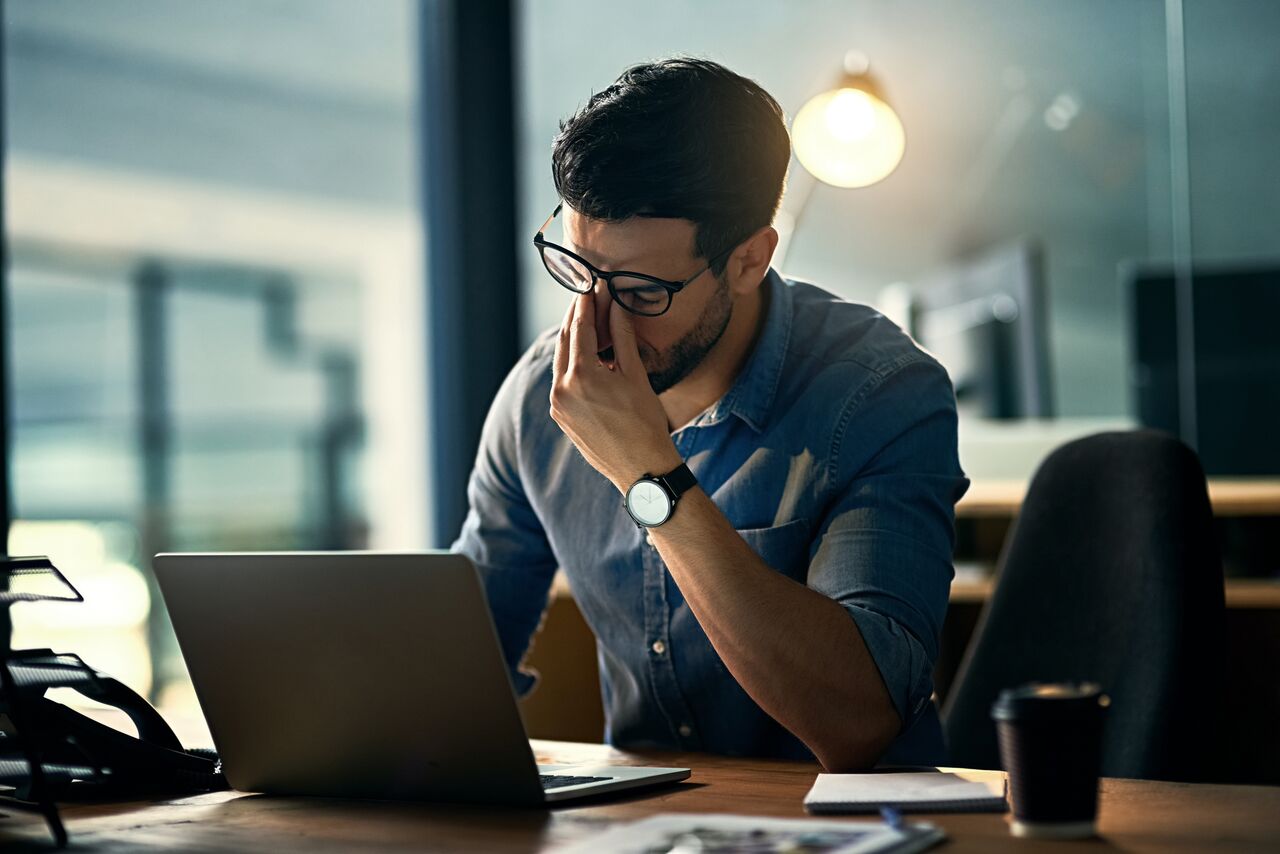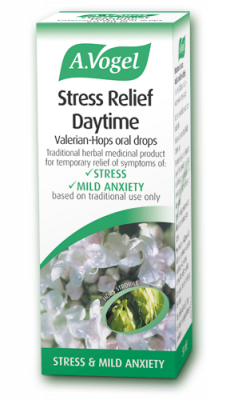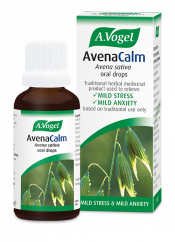What’s the difference between anxiety and stress?
Stress is usually activated in response to a threatening situation whereas anxiety is more often thought of as a reaction to the stress usually categorised as worrying. The symptoms of stress and the symptoms of anxiety are driven by the same chemical reaction in the body meaning that symptoms often overlap making it difficult to determine which one you are experiencing.
One difference between the two is thought to be this: anxiety is generally perceived to be a more short-term experience whereas stress is usually regarded to last longer for weeks, months or even years in terms of chronic stress.
Anxiety makes your body think there is real danger. When we have a worrying thought we experience the same stress-threat response that causes physiological symptoms like a racing heart and excessive sweating. What’s more, when we feel anxious we are sometimes less aware of what is causing our anxiety whereas, with stress, we are almost always aware of what the cause might be.
Usually, when we are stressed we are able to cope to a degree, anxiety is the inability to cope with stress which is why often the feeling of being overwhelmed accompanies anxiety. When we are anxious we worry about being able to cope and what comes next, it can often make you feel helpless, trapped and unable to think your way out of situations.
Anxiety is usually caused by internal fears, or phobias, and the desperate desire to avoid these fears. On the other hand, the majority of stress arises from external situations such as too much responsibility or work deadlines.
To help you identify whether you’re experiencing stress or anxiety I’ve noted 5 easy-to-spot differences for you to look out for below:
• Anxiety is often a reaction to stress
• Anxiety involves worrying about the future, stress is usually more constant and present
• Anxiety is usually believed to be short-term and stress is thought to affect us more in the long term
• Anxiety is often rooted in personal fears whereas stress is often caused by external factors
• Anxiety is usually accompanied by feelings of being unable to cope or overwhelmed
How to cope with stress or anxiety

1) Recognise the pattern
Acknowledging these behavioural patterns as stress and anxiety can help you to cope and process the emotion better. Often, when we are in denial about how we are feeling we can add to the original problem. This can lead to bottling up emotions until we suddenly can no longer contain them and they spill out at a later date sometimes leaving us wondering what the initial cause could have been.
2) Face your fear
Particularly with anxiety, fear can feature a big role in your emotional symptoms. Some say that anxiety is caused by thinking too much about the future and not enough about the present. Fearing the future can fuel your anxiety and this often has a lot to do with the feeling of not being in control and not having a plan. While the logical solution may seem to be to control and plan every inch of your day, life simply doesn’t work this way sending even the most carefully articulated plans off the rails.
When this happens, we can be faced with an onslaught of anxiety, and sometimes even panic attacks, can occur as a result. This entire process usually comes around because we have been trying to plan and control our triggers – that is preventing them from coming our way. Whether it’s change, public speaking or flying we usually try to avoid our anxiety triggers because we fear them. Instead, try tackling your fear head on, explore why you feel this way about whatever your particular trigger may be and seek support from friends, family or professionals to help you to work your way through your fears.
3) Prioritise – don’t multitask
When it comes to coping with stress we can think that we’ll get more done if we attempt to do 101 things simultaneously. While sometimes, small multitasking can work out in your favour, trying to do too much at once will leave you struggling with numerous unfinished projects and half-hearted attempts at tasks.
This is where prioritising comes into play; make a list and decide what your priorities are and what you can realistically do and cannot do. Work your way through your list ticking off any completed items. This way you’ll not only manage your time better, but you’ll also feel better by giving one item on the list at a time focus and clarity and not wind up with a list of half-finished items!
4) Practice mindfulness
Mindfulness aims to make us more aware of how we are thinking and feeling helping us to recognise that we are in control of our thoughts rather than our thoughts are in control of us. Mindfulness reduces symptoms of stress, anxiety, low mood and depression through increasing our thought awareness which allows us to react to stressful situations in a more productive manner.
5) Herbs to help
Herbal remedies can help you to cope with the emotional turmoil of anxiety and stress, because most of the symptoms overlap a herbal remedy designed for anxiety can also help to relieve symptoms of stress (and vice versa). We have a range of remedies that can help to relieve the symptoms of stress and anxiety including Stress Relief Daytime, AvenaCalm and our Passiflora Complex. Stress Relief Daytime and AvenaCalm are our herbal remedies that are specifically licensed for the relief of mild stress and anxiety and work best when taken with a couple of tablespoons of water.









